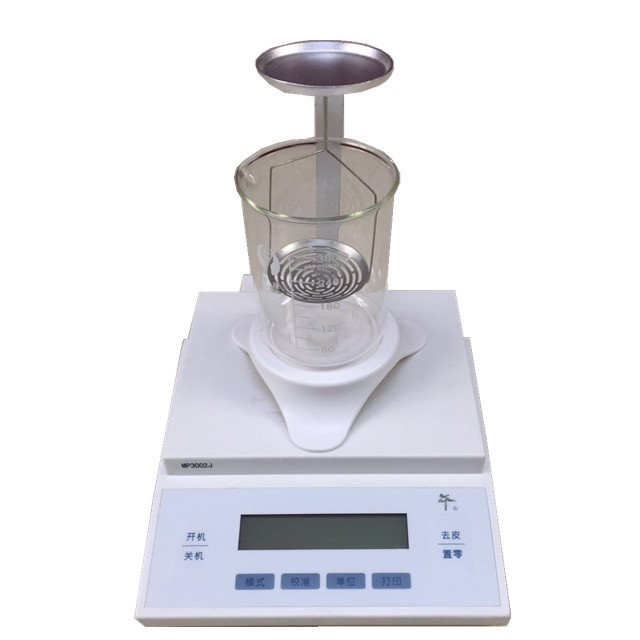Exploring Shear Strength Measurements Using Tensile Testing Equipment for Material Evaluation and Quality Control
Understanding Shear Strength in Tensile Testing
Shear strength is an essential parameter in materials science and engineering, particularly in the context of tensile testing. As industries increasingly depend on robust and durable materials, understanding shear strength becomes critical for evaluating a material's performance under various loading conditions.
What is Shear Strength?
Shear strength refers to the maximum shear stress that a material can withstand before experiencing failure. It occurs when a force is applied parallel or tangential to the material’s surface, causing it to deform or slide along a plane. Shear strength is fundamental in applications where materials are subjected to cutting, twisting, or sliding forces, making it a vital consideration for engineers and designers.
The Relationship Between Shear and Tensile Strength
While shear strength and tensile strength are closely related, they measure different aspects of material behavior. Tensile strength is defined as the maximum amount of tensile (pulling) stress that a material can endure before failure. In many cases, materials that possess high tensile strength also demonstrate sufficient shear strength. However, this is not universally true, and specific testing is necessary to ascertain these properties.
In engineering design, particularly with fasteners, beams, and structural components, understanding both shear and tensile strengths ensures safety and performance under operational loads.
Tensile Testing for Shear Strength
A tensile test is primarily designed to assess the tensile strength of a material; however, it can also provide insights into shear strength under certain conditions. In a typical tensile test, a sample material is stretched until it breaks. The test measures parameters like elongation, yield strength, and tensile strength. Shear strength can be deduced under specific scenarios, particularly when materials are tested in configurations that induce shear, such as specimen geometries that promote shear failure modes.
tensile tester shear strength

When analyzing shear strength, it is common to use ASTM standards, such as ASTM D732 for testing the shear strength of materials. These tests employ specific setups where a compressive load is applied to the material, enabling the determination of shear failure points.
Factors Affecting Shear Strength
Several factors can influence the shear strength of materials, including
1. Material Composition Different materials have inherent properties that affect how they respond to shear forces. Metal alloys, polymers, and composite materials exhibit varied shear strengths due to their atomic structures and bonding types. 2. Temperature The operating temperature can impact a material's ability to resist shear forces. Elevated temperatures may reduce shear strength, leading to premature failure.
3. Surface Treatment Surface conditions such as roughness, coatings, and finishes can significantly impact shear strength by altering the contact area between materials.
4. Loading Rate The speed at which loads are applied can change the material's response. Rapidly applied loads may lead to different failure modes compared to slow, steady loading.
5. Presence of Flaws Defects such as cracks, voids, or inclusions can serve as stress concentrators, reducing the shear strength of materials.
Conclusion
Understanding shear strength, particularly within the context of tensile testing, is crucial for material selection and application in engineering design. Properly assessing both tensile and shear properties helps in preventing catastrophic failures in structural applications and enhances overall safety and reliability. As industries continue to evolve and demands for high-performance materials increase, awareness and application of shear strength become more critical, driving innovations in materials science and engineering testing methodologies.
-
The Role of Tensile Force Testers in Quality Control and Material Science
NewsAug.01,2025
-
Maintenance and Safety Tips for Aging Ovens
NewsAug.01,2025
-
Density Balance in Forensic Science
NewsAug.01,2025
-
Advanced Optical Measurement Technologies
NewsAug.01,2025
-
A Buyer’s Guide to Tensile Test Machines
NewsAug.01,2025
-
Why the Conductor Resistance Constant Temperature Measurement Machine Redefines Precision
NewsJun.20,2025
 Copyright © 2025 Hebei Fangyuan Instrument & Equipment Co.,Ltd. All Rights Reserved. Sitemap | Privacy Policy
Copyright © 2025 Hebei Fangyuan Instrument & Equipment Co.,Ltd. All Rights Reserved. Sitemap | Privacy Policy
